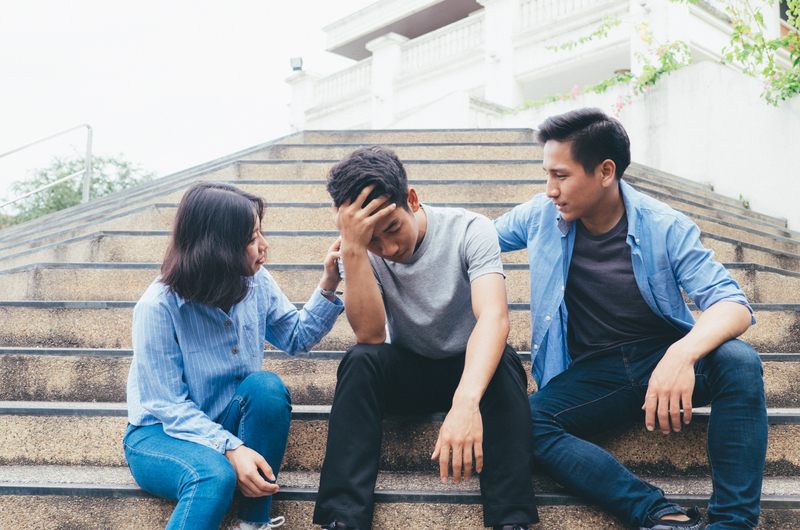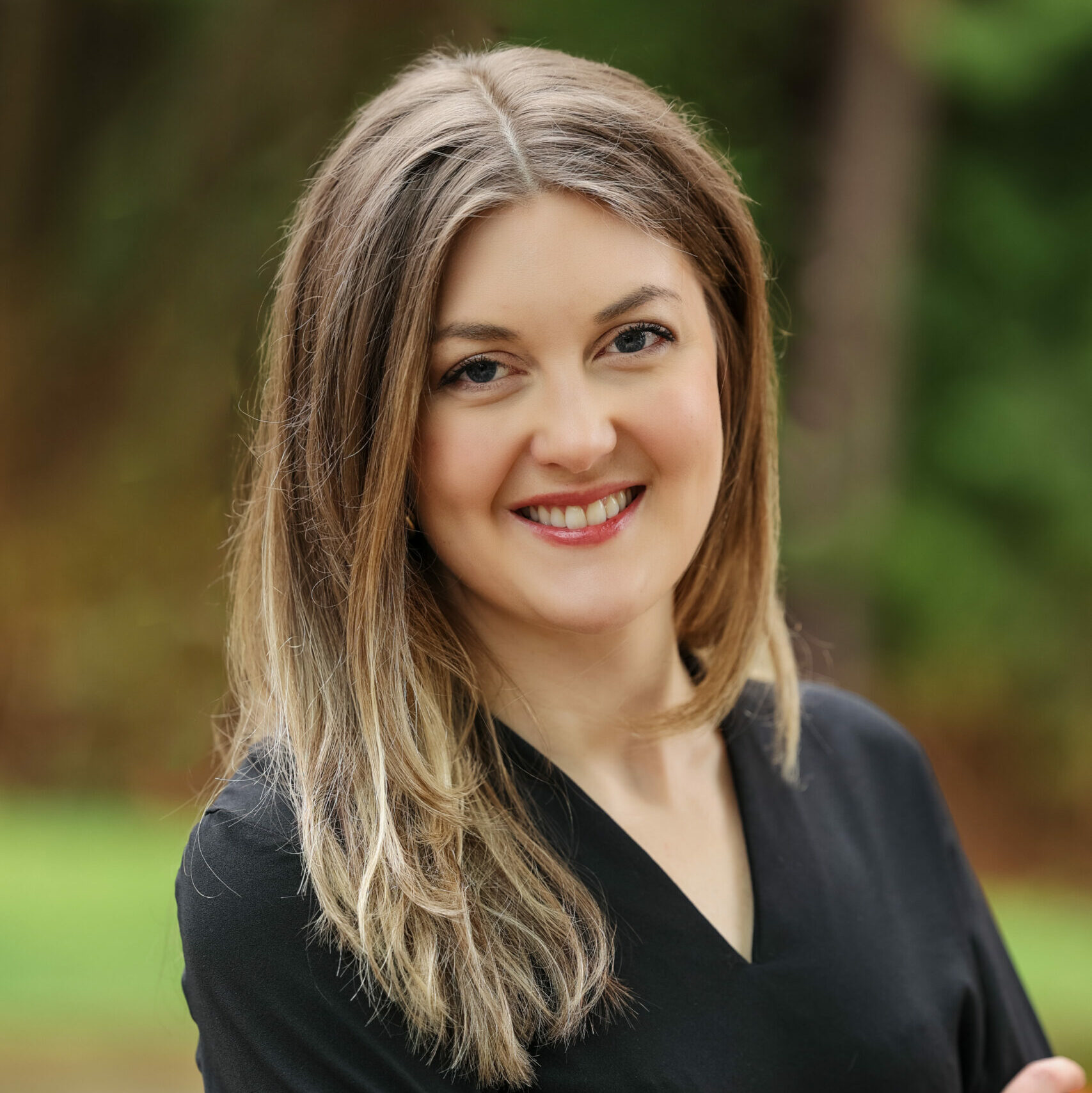How much should we share about ourselves and our histories with others? For some, it seems so simple. Many people seem to have an innate sense of who to trust and how slow or fast the pace of sharing in a relationship ought to be. They show themselves to the right people and come to feel deeply known and cherished in their relationships.
If this isn’t you, rest assured that you are not alone. For those with childhood trauma, sharing the self is more complicated. You’ve probably wondered if anyone can really understand, and with good reason. Many who have experienced childhood trauma have tried sharing more vulnerable parts of themselves with someone who wasn’t able to be fully present and hold space for their truth. Maybe they invalidated your experience by telling you that it wasn’t that bad and that you needed to get over it. Maybe they reacted as though there was something wrong with you, or that you deserved what happened. These experiences are at best disappointing. At worst, they can re-trigger the original trauma.
But what to do with all of these feelings, vulnerabilities and stories? Should you lock them away and pretend you’re fine just to have the connection of others? Of course, that solution doesn’t satisfy much either. I believe that being deeply seen and understood is a human need which you have every right to seek from your relationships.
In fact, part of the healing process will be through finding relationships that allow for this. This often involves learning to distinguish between the kinds of people with whom you can share your story and those who simply aren’t fully safe or able to handle it right now.
I am not suggesting that you close yourself off to those who aren’t able to hear your trauma story. I encourage you to find and maintain relationships with a wide range of people. But when it comes to how you operate in these relationships, I believe it’s best to keep only the people who have fully earned our trust within your inner circle and share ourselves most fully. Even though you have nothing to be ashamed of, you have a right and duty to protect the vulnerable sides of yourself. Often, these are the best and most creative parts of yourself, which will only flourish when you feel safe, supported and loved.
How do we know who we can trust? This is such a complex question that there is no clear answer, only some rules of thumb to help us navigate our fellow humans until we have healed enough to have cultivated the same deep embodied sense of who to trust as those for whom trust comes naturally.
Here are some rules of thumb for you to try, and I encourage you to build on them or add on as you see fit. When you think about whether you are ready to share more vulnerable and sensitive sides of yourself with someone, I encourage you to ask yourself: do they demonstrate emotional maturity? Do they set boundaries and respect the boundaries of others? Are they consistent and honest? Do they do what they say they’ll do? Do they take our needs and feelings into consideration? Do they keep the personal and confidential information of others to themselves when they’re with you? Do they share vulnerable information about themselves in a gradual way?
By the way, if you’re able to say yes to all of these questions about someone in your life, wow, you’ve found a good one! People of this quality are hard to find, and I encourage you to hold on to these gems and strive to be one back. If you can’t say yes to all of these questions, that’s ok, and you can gauge how much you share based on how much safety you feel in the relationship.
Keep in mind that quality people are sort of like a limited edition item you have to do a bit of digging for. Now that you have some idea what to look for, with a little bit of searching and patience, you will begin to find more of these relationships over time. In the meantime, I encourage you to work with a therapist on cultivating a sense of trust and safety with others, and learn to recognize the cues of safe/unsafe relationships










